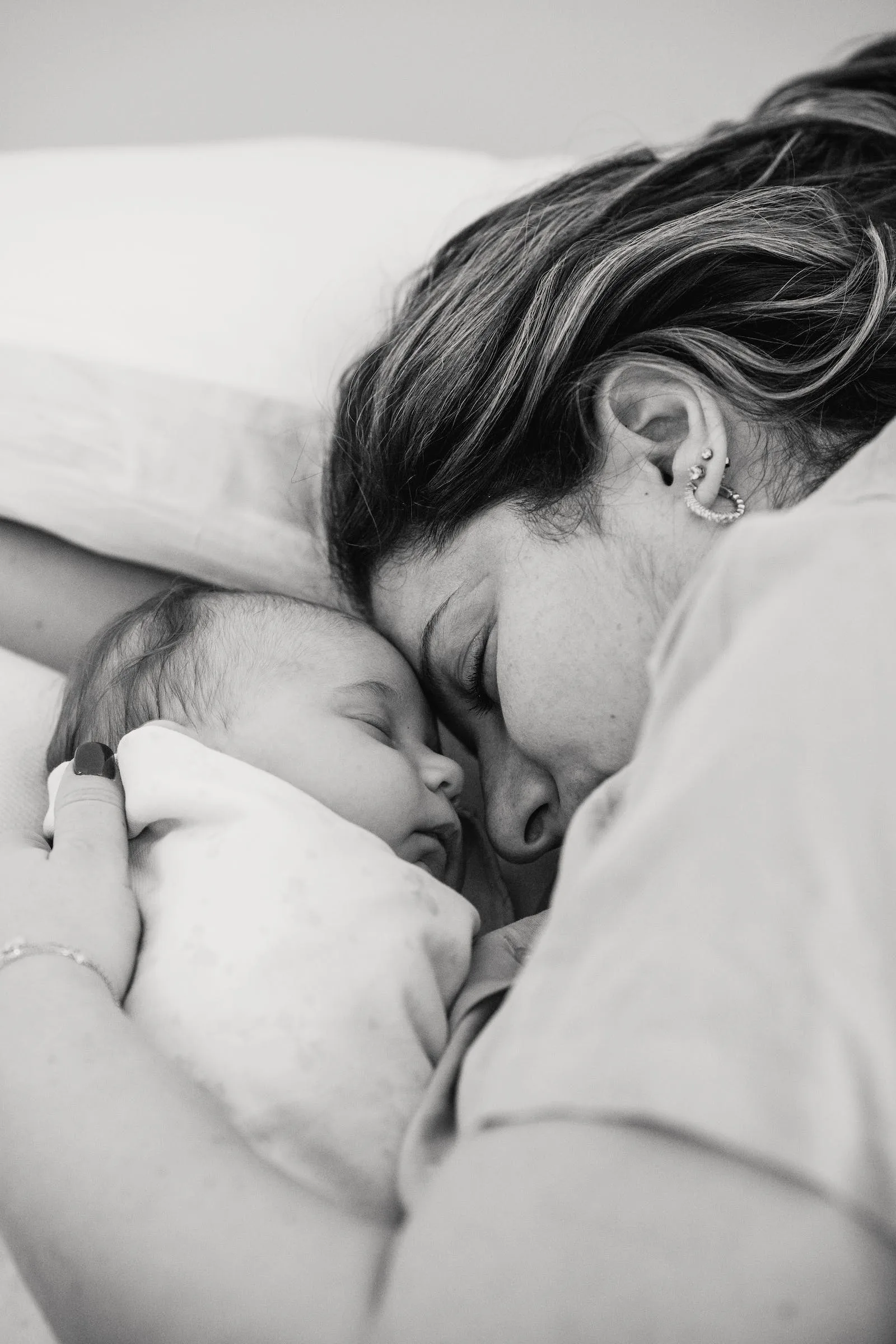Breathing-related sleep disorders are a group of sleep disorders that involve breathing abnormalities during sleep, leading to disrupted sleep and reduced oxygen levels in the body. These disorders include sleep apnea, central sleep apnea, and hypopnea. Sleep apnea is the most common breathing-related sleep disorder and is characterized by repeated episodes of complete or partial obstruction of the upper airway during sleep. Central sleep apnea, on the other hand, is caused by a lack of effort to breathe due to a failure of the central respiratory drive. Hypopnea is characterized by partial obstruction of the upper airway during sleep, resulting in reduced airflow.
Breathing-related sleep disorders can cause a range of symptoms, including snoring, gasping or choking during sleep, excessive daytime sleepiness, and difficulty concentrating. These symptoms can lead to significant impairment in daily life, including increased risk of accidents, decreased work performance, and decreased quality of life. The risk of developing breathing-related sleep disorders is higher in individuals who are overweight, have a family history of the disorder, smoke, or have certain medical conditions such as hypertension, diabetes, and heart disease.
Diagnosis of breathing-related sleep disorders involves a comprehensive evaluation of a person’s medical history, sleep patterns, and physical examination. A sleep study, also known as a polysomnogram, may also be conducted to monitor a person’s sleep patterns and identify any underlying sleep disorders. During a sleep study, a person’s heart rate, breathing, brain waves, and oxygen levels are monitored to identify any abnormalities.
Treatment for breathing-related sleep disorders may involve lifestyle changes, such as losing weight, avoiding alcohol and sedatives, and sleeping in a certain position. Continuous positive airway pressure (CPAP) therapy is a common treatment for sleep apnea, where a machine delivers a constant flow of air through a mask to keep the airway open during sleep. Other treatments may include surgery, oral appliances, and positional therapy.
Breathing-related sleep disorders can have significant impacts on a person’s overall health and well-being. It is important to seek medical attention if symptoms are present to receive proper diagnosis and treatment.

